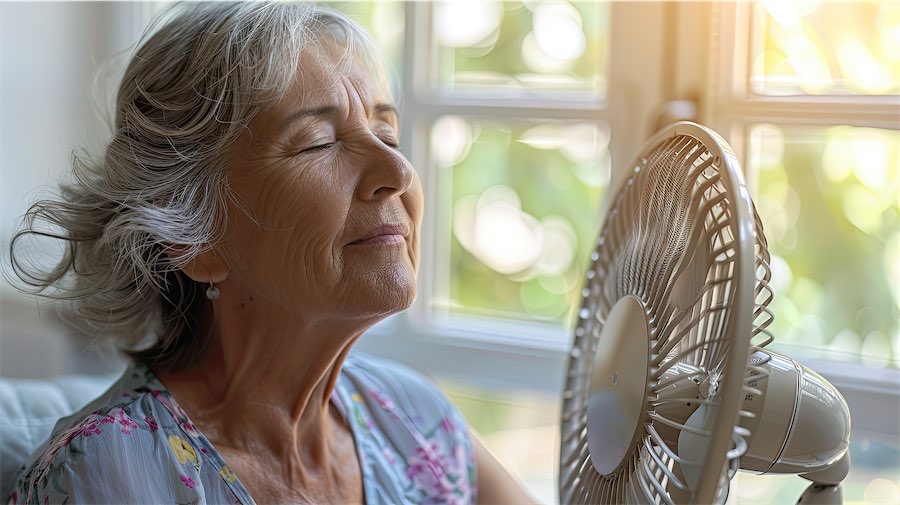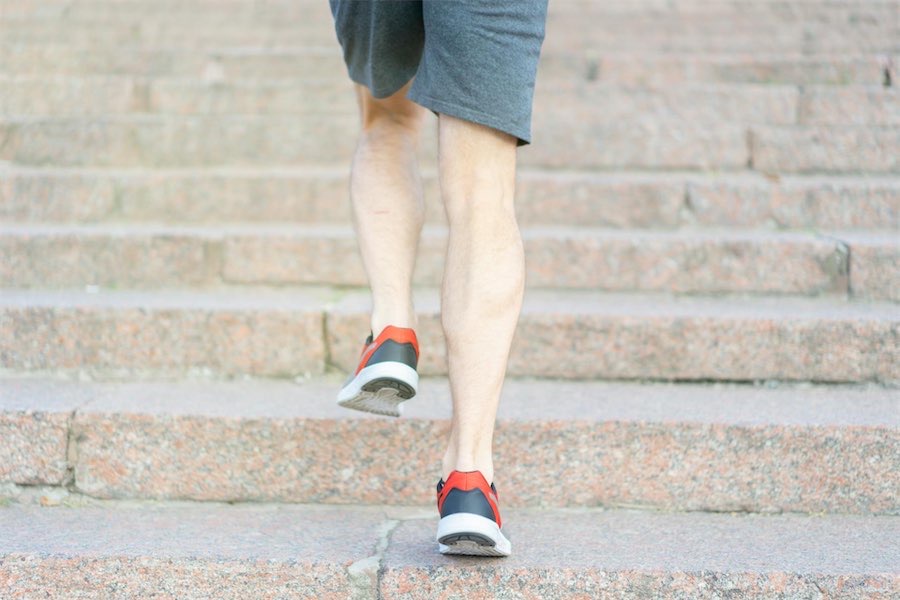
The most effective way to get vitamin D – which supports the immune system and helps build healthy bones – is from the sun, reports DANIELLE NOHRA.
FROM supporting the immune system to helping build healthy bones, dietitian Clare Wolski says vitamin D is an important nutrient for a whole range of reasons.
But how can Canberrans get enough of it to reap the benefits?
Holder’s Clare, 30, who works at The Healthy Eating Hub, says the most effective way to get vitamin D is from the sun.
“There’s a low risk of vitamin D deficiency in summer. Small amounts of incidental exposure are often enough in the summer because the UV index is so high, we only need small amounts,” she says.
“If people can’t get sun exposure, particularly the elderly who can’t get out in the sun at all, and people with darker skin who require longer UV exposure, which could put them at risk of melanoma, the best food source for vitamin D is oily fish such as tuna, mackerel and sardines, which all contain vitamin D3.”
When it comes to vitamin D, Clare says there are two different types: vitamin D2 and vitamin D3.
“Vitamin D3 is what our skin creates when exposed to UVB light. Vitamin D3 is also what’s needed to build healthy bones and support the immune system,” she says.
“The other is vitamin D2, which can be converted into vitamin D3 through a series of chemical interactions.”
Most of the plant sources people are recommended to eat have vitamin D2 in them. However, Clare says plants are not an efficient source of vitamin D.
For people who don’t eat meat, Clare recommends getting vitamin D3 from mushrooms, particularly if they’ve been exposed to the sunlight.
“Mushrooms do the same conversion that we do, so popping mushrooms out in the sun for a bit after buying them from the shops can help make this conversion,” says Clare, who also recommends getting vitamin D from fortified foods such as cereals and breads that have added vitamin D.
“But it’s important to eat a lot of fruit and vegetables and then use fortified foods as an additional food.”
And for people with deficiencies, there is the option of vitamin D supplements but Clare says they’re not particularly effective unless someone is deficient.
“Vitamin D is quite an important nutrient for a whole range of bodily functions,” she says.
“It helps our bones absorb calcium from food and helps the bone cells to keep more calcium and phosphate at healthy levels to help prevent bone breaks.
“It’s also really valuable in our immune function and helps our body to develop immune cells.”
Clare says vitamin D is an inducer of an antimicrobial peptide, which helps to fight viruses in the nose, throat, lungs and respiratory system.
“There’s also some evidence to suggest that vitamin D helps with brain health, gut health, weight management and diabetes. But the evidence doesn’t show how yet,” she says.
Not just beneficial for vitamin D, Clare says the sun also helps grow the nutritious fruit and vegetables that keep everyone healthy.
“Sunlight is an essential component of photosynthesis,” she says.
“Adequate sunlight is necessary for our plants to grow.”
And, for people looking for natural glowing skin without the risks of sun damage, Clare says fruit and vegetables can help with that, too.
“When we look at all the information around skin health, the greatest way to good skin, hair and nails is a diet that’s high in vegetables,” she says.
According to Clare, fruit and vegetables have essential phytochemicals, which are believed to protect cells from damage that could lead to cancer, and they’re also anti-inflammatory which helps for glowing skin.
When it comes to the sun and the hot summer heat, Clare says it’s also important to stay hydrated and recommends drinking about 1.8 to 2.5 litres of water a day (more when sweating).
“Try starting the day with a glass of water, it’ll help stimulate more drinking throughout the day,” she says.
“And then including water with each meal of the day as a go-to beverage.”
Who can be trusted?
In a world of spin and confusion, there’s never been a more important time to support independent journalism in Canberra.
If you trust our work online and want to enforce the power of independent voices, I invite you to make a small contribution.
Every dollar of support is invested back into our journalism to help keep citynews.com.au strong and free.
Thank you,
Ian Meikle, editor





Leave a Reply